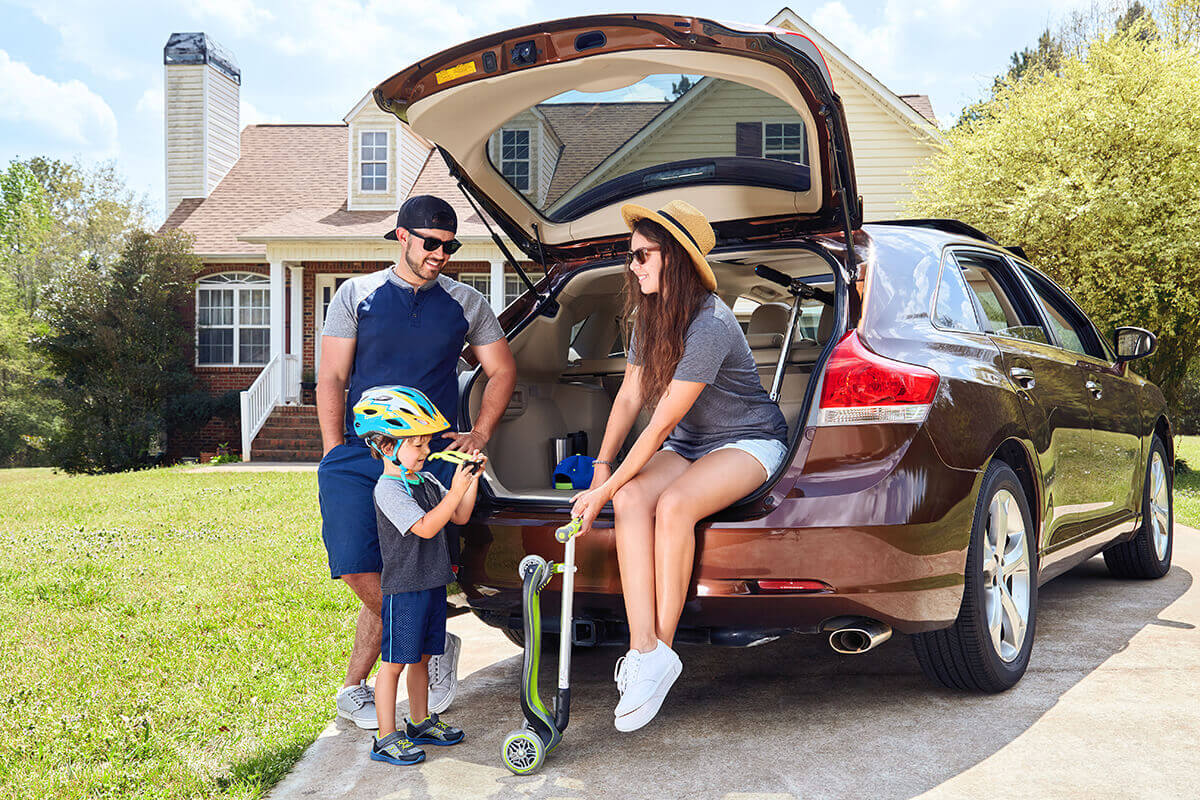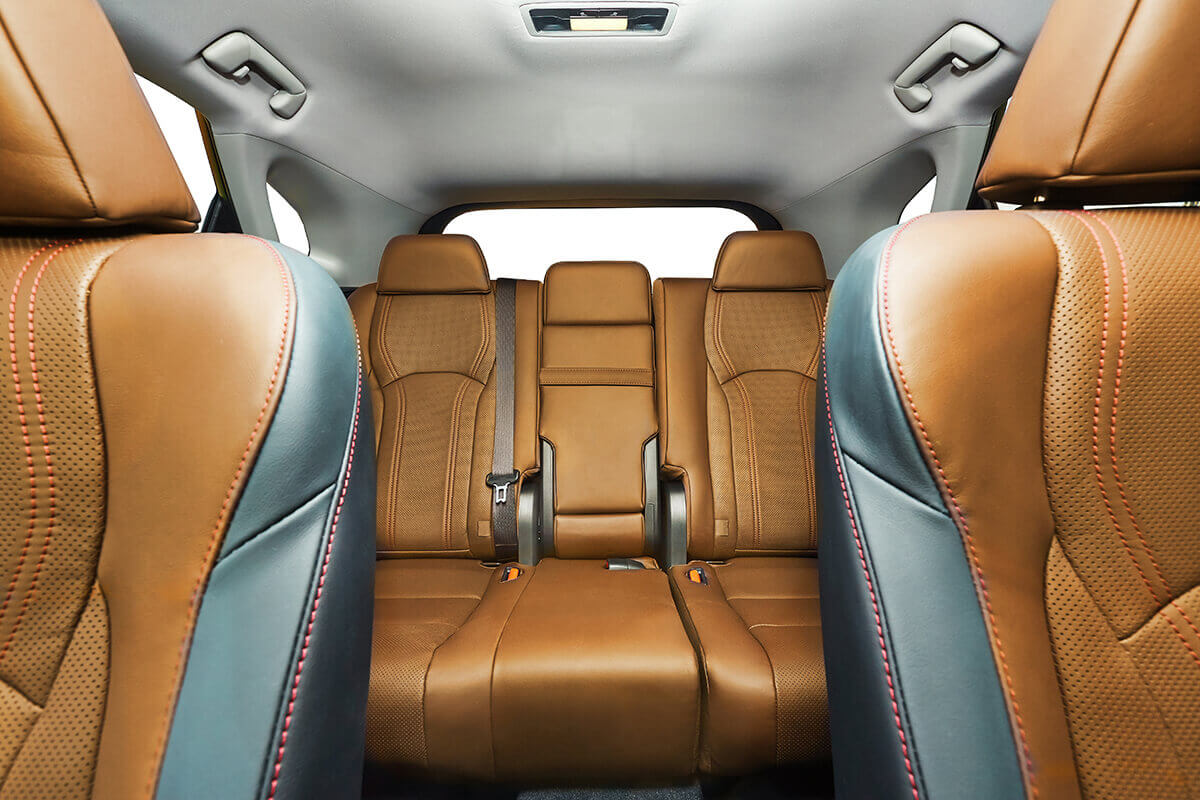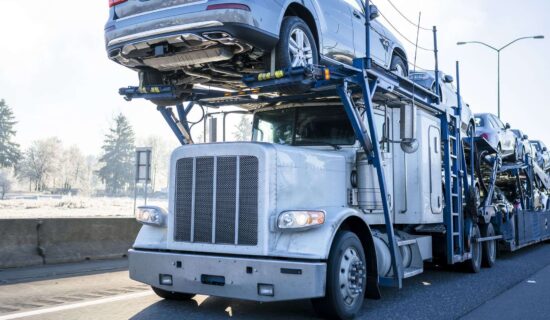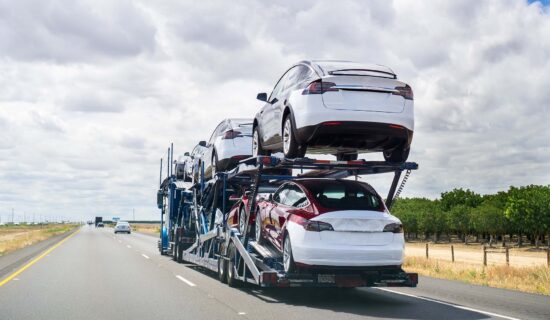3. Check the History of the Car You Plan to Purchase
If a particular car is already at the top of your list and you are just one step away from closing the deal, give it another thought. There is one more step you shouldn’t forget – check the history of the vehicle you are planning to buy.
Some dealers will offer you the vehicle history report for free. But, if that is not the case, try to find the identification number of the vehicle (VIN) and go to AutoCheck. By entering the VIN, you will easily find every information about the car you are interested in. These are some additional factors you should look into before making the final decision:
- Ownership – The history of owners will be shown in the report. This information is crucial when it comes to setting the price. One-owner cars have a higher price. Sometimes the seller will tell you that they are the first owner, but only the report will confirm if that is true.
- Sales information – Find out if your seller is the first owner. In a history record, you will see times a vehicle has been re-sold. Also, you will see if the car has been moved. This information will help you if you’re planning a relocation too because moving a car to another state can be a tricky job.
- Accidents – Every major accident will be shown in the vehicle history report. You will be able to see all sorts of damage the vehicle has suffered over the years. Keep in mind that not all accidents will be shown, so you should consider a double-check performed by your mechanic.
Even if the car has been in an accident, you shouldn’t necessarily cross it off your list. In some cases, this could be an advantage. If a car has been in an accident, you can try to lower the price when it comes to finalizing the deal with the seller.
- Additional Damage – Fire and flood damage can also be listed in the history report. Knowing this information, you should probably forget about this car because it could be an indicator of some other and hidden issues.
- Service Record – Every history report should have a car maintenance record. Remember, a car seller has to give you every maintenance document you want to review. If that documentation is not available, you can ask a mechanic to take a good look at the car’s wear. That way, you will know if any maintenance has been performed.
- Odometer Reading – When checking the history report, pay attention to the information about mileage. See if the mileage from the report is the same as the reading on the car’s odometer. The information about mileage should be recorded with every registration or car inspection.
- Registration and Inspection Records – When a car has its registration renewed, it will be recorded on the history report. If you notice some irregularities or leak of information, contact your seller. This could be a red flag indicating that the car was stolen or abandoned for some time.
Also, check if the car was used in countries affected by natural disasters. If that’s so, there’s a chance that it has some damage from floods or hurricanes. It’s also a good reminder for you if you want to move. Pay attention to what could happen and what you can do to protect your auto. However, if you don’t plan to move the car by yourself, you can always hire professionals and take into consideration a more affordable open trailer or enclosed trailer for full protection.










